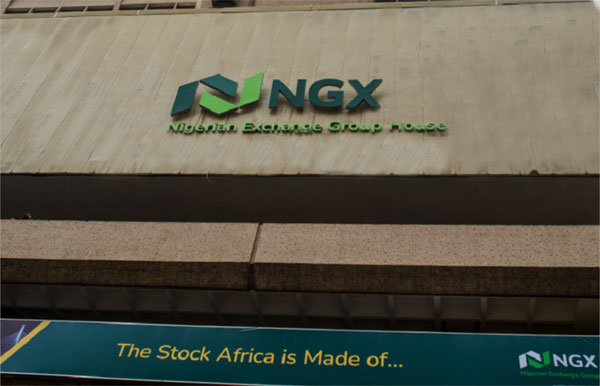A financial analyst, Kalu Ajah, has said the possible reasons manufacturing firms are declaring losses in the era of foreign exchange (FX) revaluation whereas banks are declaring profits in the same economy is because banks have better treasury teams.
Banks, last year, recorded extra-ordinary profits against the backdrop of foreign exchange revaluation gains arising from depreciation of the naira.
Forex revaluation gains occur when there is an increase in the value of a bank’s assets and liabilities denominated in foreign currency when there is a change in the exchange rate between the foreign currency and the local currency.
The financial reports turned in to the regulators by leading banks indicated a profit before tax of N2.292 trillion just in nine months of 2023.
About 63.6 percent, amounting to N1.457 trillion of the profit came from foreign exchange related transactions.
The same banks made just N225.416 billion in the corresponding period of 2022, indicating forex profit growth rate of 546.5 percent, according to details of the financial reports of nine banks released by the Nigerian Exchange Limited (NGX).
This is in contrast to the performance of multinational manufacturing companies. For instance, Cadbury Nigeria Plc reported a loss of N27.63 billion in the fiscal year 2023, marking a significant decline of 2,228 percent from the N1.30 billion pre-tax profit recorded in FY 2022. It reported N36.93 billion cost accrued due to exchange rate differences in 2023.
According Kalu Ajah, the mistake or error the multinationals in Nigeria are making is not building their own in-house treasury teams to hedge their FX exposure, especially as multinationals import and export for a living.
“The in-house treasury team will buy derivative products like Forwards and Swaps to hedge open dollar import positions,” the analyst wrote on his X handle.
“Yes, you have delivery risk but you are hedging away from the naira. That is what the treasury team is doing,” Ajah added.
Hedging with forex is a strategy used to protect one’s position in a currency pair from an adverse move. It is typically a form of short-term protection when a trader is concerned about news or an event triggering changes in currency markets.
Experts identify two main strategies for hedging in the forex market. The first strategy is to take a position opposite in the same currency pair. For instance, if the investor holds EUR/USD long, they short the same amount of EUR/USD.
The second strategy involves using options such as buying puts if the investor is holding a long position in a currency.
Forex hedging is a type of short-term protection and, when using options, can offer only limited protection.
The treasury team can also borrow in FX offshore and sell in commodities from Nigeria. That way, the companies would be borrowing in dollars and repaying in cash commodities priced in dollars.
The work of this team encompasses a wide range of activities, including cash management, funding and investment management, trade finance, risk management and working capital management.
